Photo: Courtesy of THE DRIVER ERA
-credit-Emily-Marcovecchio.jpg)
video
It Goes To 11: Watch THE DRIVER ERA’s Ross Lynch Introduce His Favorite Taylor Guitar
Ross Lynch of THE DRIVER ERA shares the story behind his well-rounded Taylor guitar and explains how it became “a vessel to whatever is coming through.”
It's a journey to find an instrument that checks every box. After a decade in the business, THE DRIVER ERA frontman Ross Lynch finally found his perfect match in an acoustic Taylor guitar.
"It holds tune well, it acoustically sounds well, it's warm and bright at the same time," Lynch explains in the newest episode of It Goes to 11. "I feel like the best guitars have a wide range."
He discovered the Taylor from a guitar tech while he was on tour: "He was like, 'Trust me. This is the one that you want.' And I just trusted him." Lynch suspects his previous six-string might be bitter about the switch, but as he says, "You can never have too many guitars."
Press play on the video above to learn more about Ross Lynch's Taylor guitar, and check back to GRAMMY.com for more new episodes of It Goes to 11.
Noah Reid's Acoustic Guitar Is A Custom-Made Piece With A Family Connection | It Goes To 11
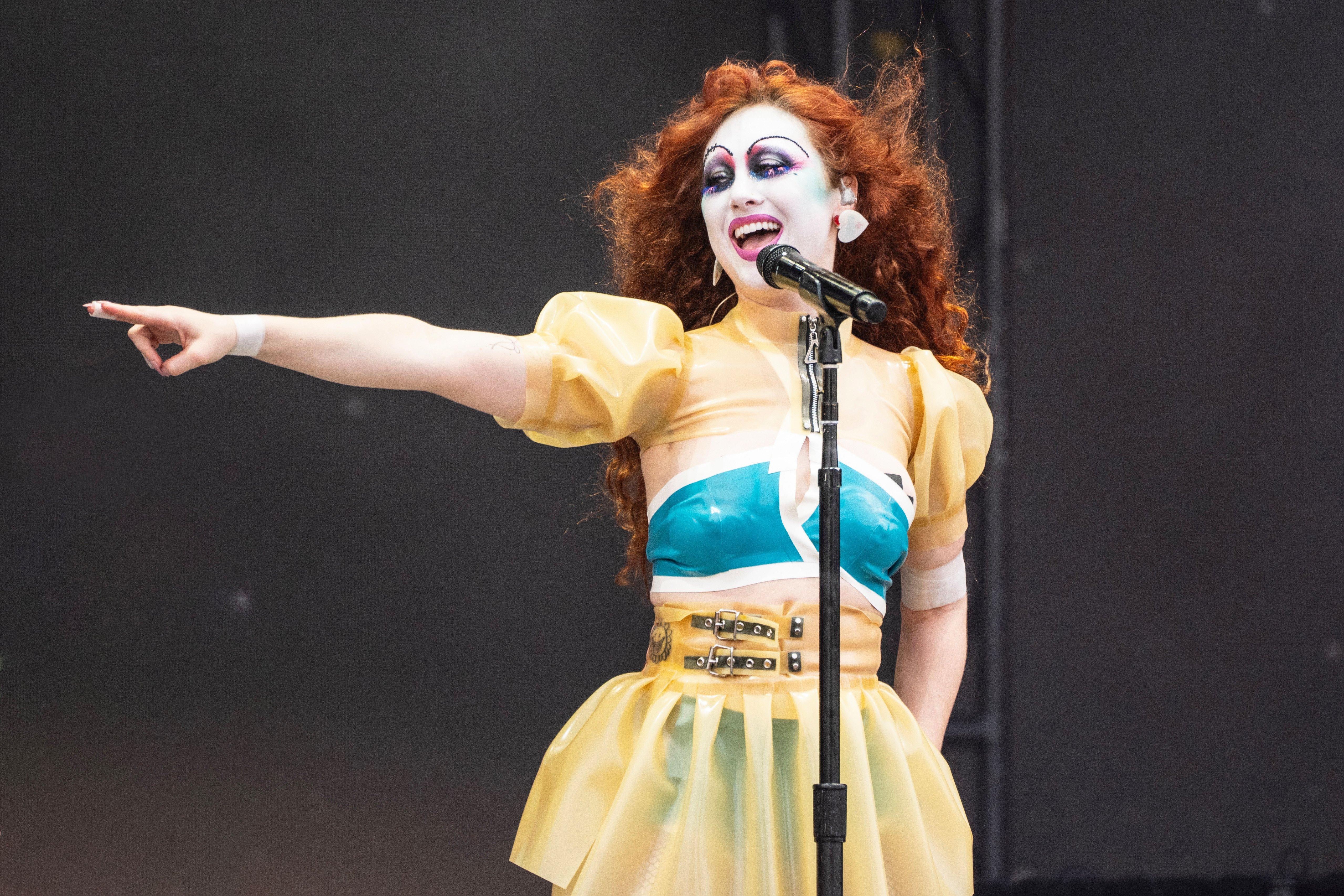
Photo: Erika Goldring
list
5 Artists Who Graduated From GRAMMY Camp: Chappell Roan, Maren Morris, Blu DeTiger & More
As GRAMMY Camp 2024 winds down, check out this list of leading figures in the music community who count themselves as alumni.
GRAMMY Camp is almost a wrap — but the musical memories will last a lifetime. On Saturday, July 19, the weeklong summit for students interested in music careers will wrap after six enlightening days.
Held at the Village Recording Studios in Los Angeles, GRAMMY Camp's faculty of music professionals — along with guest professionals — have offered precious insight to give campers the best chance at succeeding in their career of choice.
The available Camp tracks include Audio Engineering, Electronic Music Production, Songwriting, Music & Media, Music Business, and much more. Many alumni of this enriching crash course have risen to prestigious positions across the musical landscape.
As the Recording Academy signs off on yet another elevating GRAMMY Camp, check out this list of five major artists who cut their teeth at the almost 20-year institution.
Maren Morris
The future country wunderkind attended GRAMMY Camp for its very first iteration, back in 2005. There, the then 15-year-old met undisputed leaders in the music community, like Jimmy Jam and Paul Williams — which set the course for her incredible career to come.
In the years since, Morris has won a GRAMMY, received 17 GRAMMY nominations, and topped the Billboard country charts. She also joined the country supergroup the Highwomen with fellow juggernauts Brandi Carlile, Natalie Hemby and Amanda Shires.
At this year's GRAMMY Camp, Morris returned as a guest artist. What's her advice to budding artists? "Just stick to being authentic," she told RecordingAcademy.com, "and people see that, no matter what time they arrive to the party for you."
Along the way, "Find people that listen to you," Morris added, "but also push you and your creativity to new areas of yourself."
Jahaan Sweet
In 2009 — four years after Morris' GRAMMY camp tutelage — the formidable Jacksonville, Florida, producer, songwriter and pianist Jahaan Sweet attended GRAMMY Camp.
At the outset, he was thrilled to come to L.A. for the first time and network with like-minded folks in music. "I knew that my skill set wasn't that great," he told GRAMMY.com a decade later, "but it was just so good to be around people who were all there to learn and create together.
"I feel like that's the biggest takeback I have of GRAMMY Camp," he continued. "It was amazing to have all those people together under one roof, all in the same vicinity, all doing creative things." Working with GRAMMY Camp Faculty Director Jason Goldman was one clear highlight for him: "He's a great guy, and he was such a good, carefree band director."
By now, Sweet has worked with Kehlani, Kendrick Lamar, Drake, Eminem, the Carters, Ty Dolla $ign, A Boogie Wit Da Hoodie, and many more; he's been nominated for three GRAMMYs and won one. And as a launchpad, GRAMMY Camp helped make all these accomplishments possible.
Watch now: Producer Jahaan Sweet Talks Making Records With Boi-1da, Drake & More | Behind The Board
Chappell Roan
In 2024, Chappell Roan is very, very famous — as she admits, a little more famous than she would like right now.
Regardless, the self-christened "Midwest Princess" — whose moniker was ensconced in the title of her 2024 breakout album — has wholly earned her plaudits, including opening for Olivia Rodrigo on her GUTS tour. And she can trace a line directly back to a decade ago, in 2014, when she attended GRAMMY Camp.
"I didn't do my senior year. I didn't go to prom. I didn't go to graduation," Roan explained to Rolling Stone in 2022, about her early musical life. "I missed a lot of what would have been the end of my childhood to do this job," she says.
For those like Roan, who are dead serious about making the music thing work, GRAMMY Camp is an ideal fount of experience and inspiration.
Read more: Chappell Roan's Big Year: The Midwest Princess Examines How She Became A Pop "Feminomenon"
Jensen McCrae
Another shout out to GRAMMY Camp's Class of 2014: that's the year that indie-folk-pop favorite Jensen McCrae put in her time, at the tender age of 16.
"I started playing and writing music as a little kid, and I've known I've wanted to be creative for my whole life," McCrae told VoyageLA, adding that she began taking songwriting and performing seriously in high school.
"[Being a] half-white, half-Black girl who spent her whole life in academically cutthroat private schools while trying to pursue a career in the arts gives me a unique perspective on the world," she explained. Which made McCrae an live antenna at GRAMMY Camp, picking up signals left and right.
The 10-day experience cemented the Angeleno's desire to attend college at the University of Southern California's Thornton School of Music — where she got a full ride, and was off to the races. These days, she's fresh off an opening slot for Noah Kahan on the We're All Be Here Forever Tour.
Blu DeTiger
"I remember thinking 'So many girls play guitar and sing,'" the TikTok-flourishing bass phenom Blu DeTiger told Spin in 2022. "I was like, 'I want to be different. I want to do something unique.' And I've never looked back."
Part of GRAMMY Camp's message is: dare to be different, to be you. Which made DeTiger an ideal student, when she enrolled in 2015; today, she's leading the charge for a generation of young, innovative bassists of all backgrounds.
Read more: Love Thundercat? Check Out These 5 Contemporary Bassists Keeping The Flame
Along with Morris and New Jerseyan singer/songwriter Jeremy Zucker, DeTiger returned in 2024 as a guest artist — bringing the musical education process full circle, as she continues to redefine how the bass is presented in the social media era of music.
The 20th annual GRAMMY Camp celebration is running now and concludes with the GRAMMY Camp Finale Student Showcase on Saturday, July 20, at the Ray Charles Terrace at the GRAMMY Museum.
Learn more about GRAMMY Camp here — and we'll see you next year in Los Angeles!
Explore GRAMMY Camp And The GRAMMY Museum
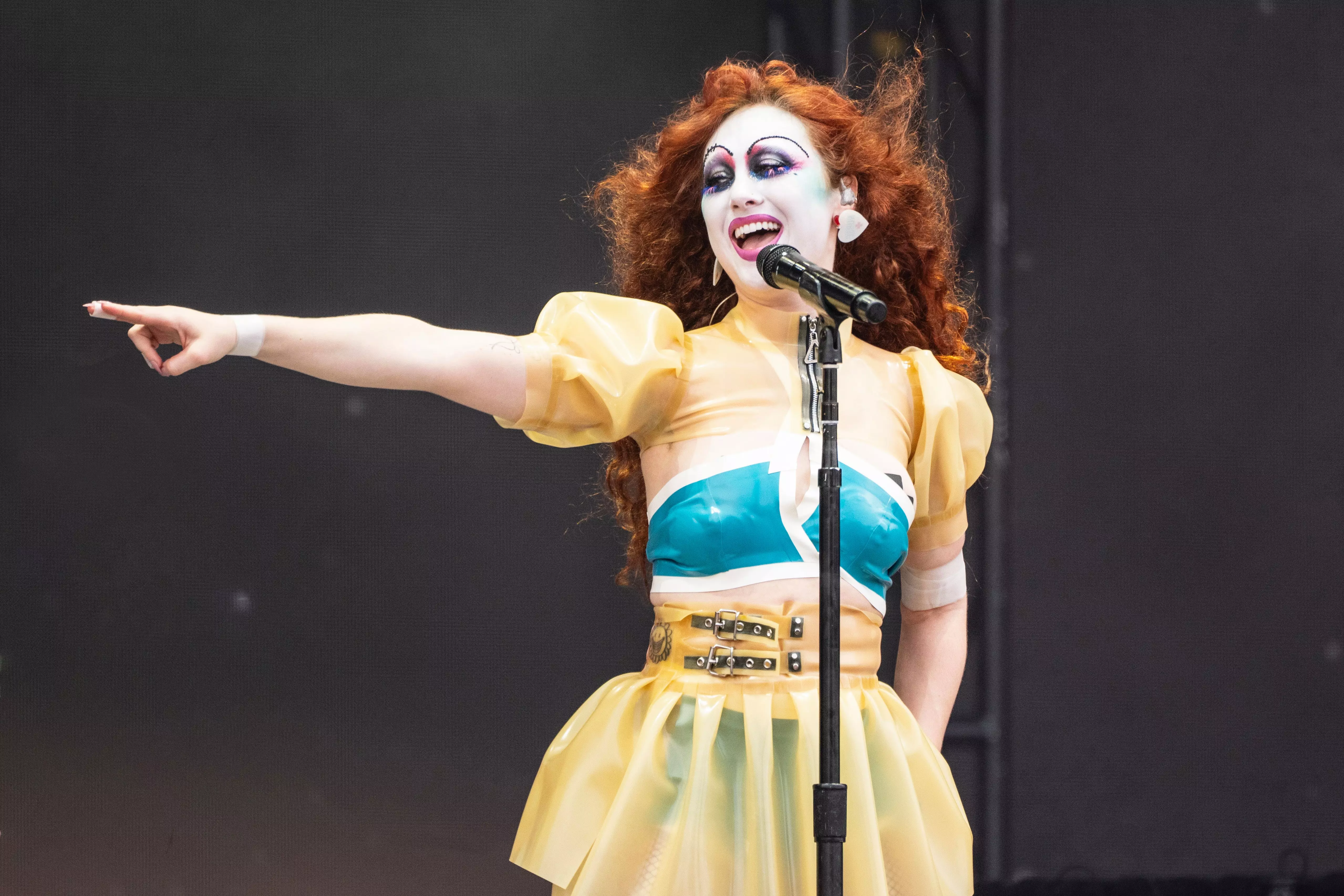
5 Artists Who Graduated From GRAMMY Camp: Chappell Roan, Maren Morris, Blu DeTiger & More

GRAMMY Museum Partners With HYBE For New K-Pop Exhibit 'HYBE: We Believe In Music' Opening Aug. 2

GRAMMY Hall of Fame Gala Red Carpet Highlights
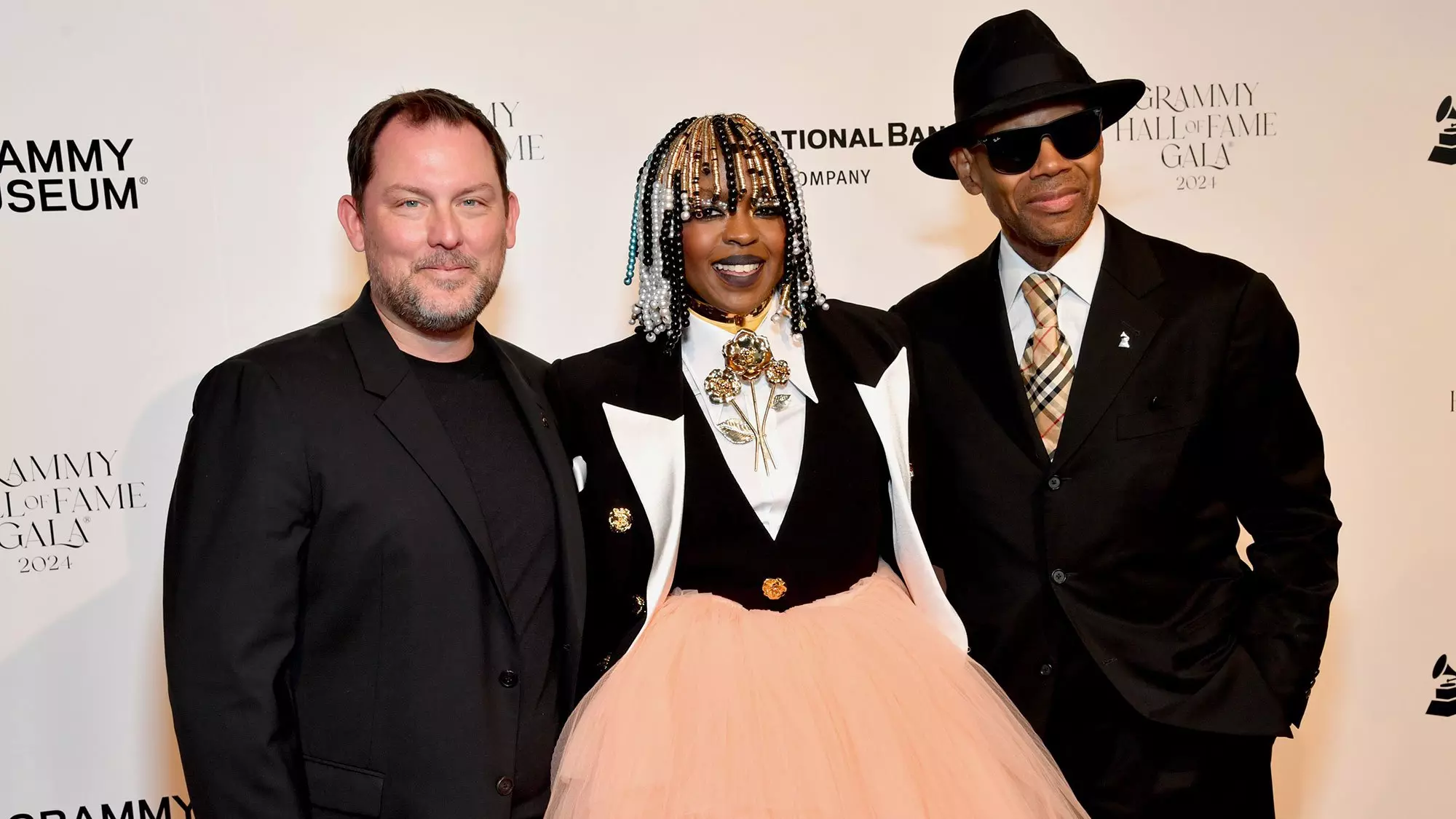
6 Key Highlights From The Inaugural GRAMMY Hall of Fame Gala Honoring Lauryn Hill, Donna Summer, Atlantic Records & Many More
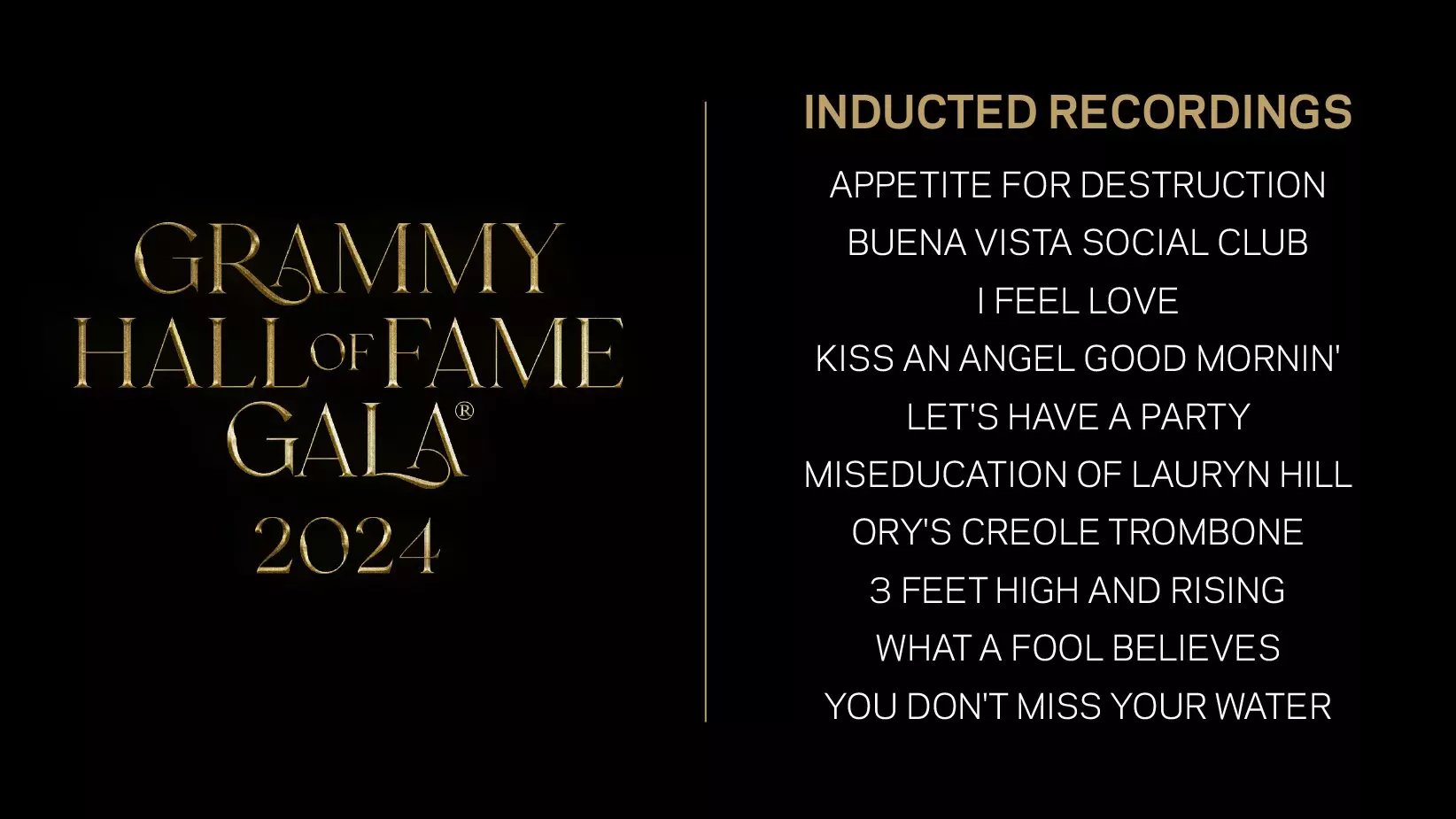
Explore The 2024 GRAMMY Hall Of Fame Inducted Recordings: Lauryn Hill, Guns N' Roses, De La Soul, Donna Summer & Many More
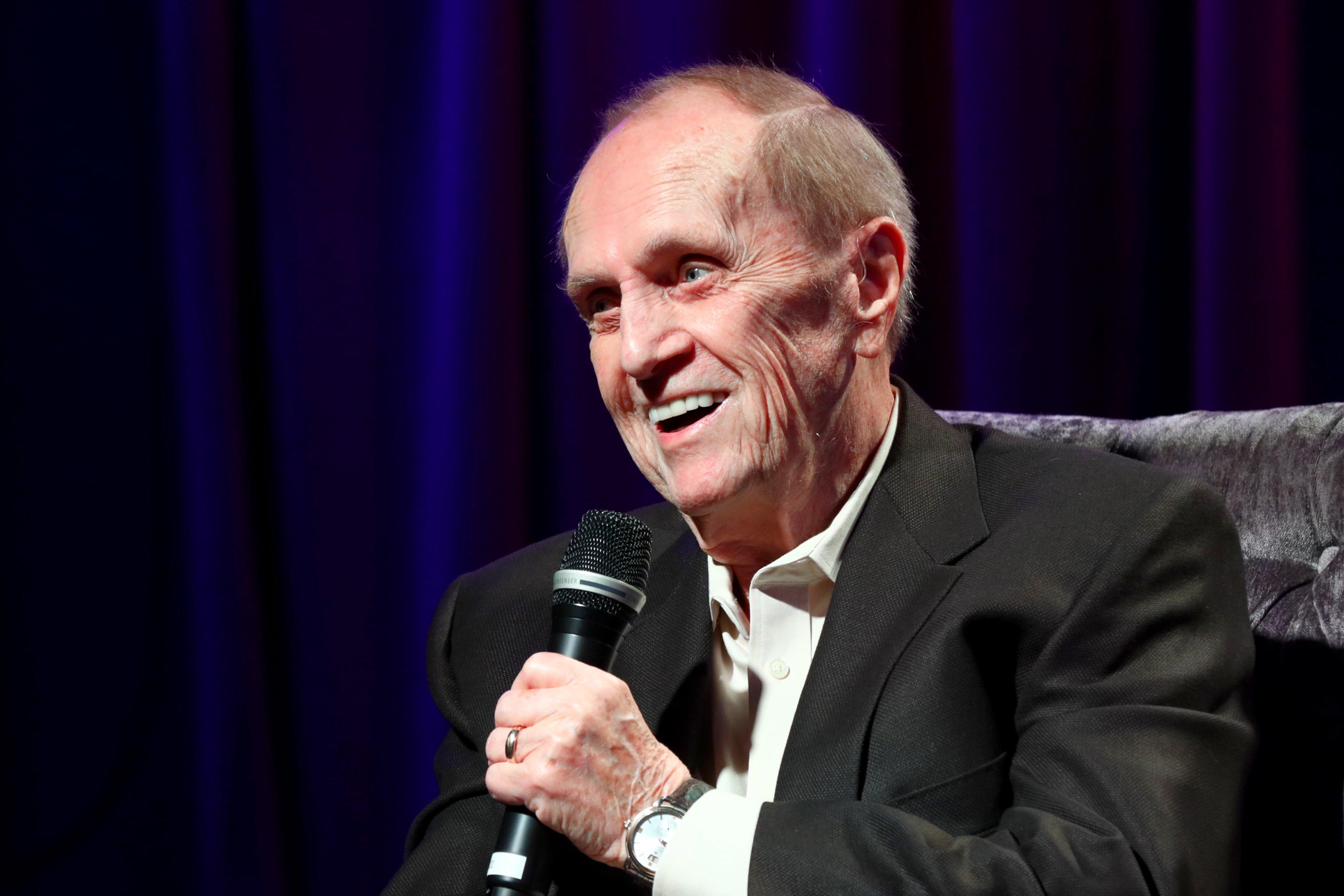
Photo: Rebecca Sapp/WireImage
news
Remembering Bob Newhart, The Comic Who Made GRAMMY History With His Debut Album
The legendary comic, whose work onstage and on screen spanned multiple generations, passed away at age 94 on July 18.
Bob Newhart, one of the most celebrated comedians of his generation and renowned for his deadpan delivery died at his home in Los Angeles on July 18. He was 94.
Awarded the John F. Kennedy Center for the Performing Arts’ Mark Twain Prize for American Humor in 2002, Newhart launched his career with a record-setting record. By the time he transitioned to television with two successful sitcoms, he had become a household name.
Newhart made his vinyl debut on April Fool’s Day in 1960, when Warner Brothers Records released his first comedy album, The Button-Down Mind of Bob Newhart. A year later, at the 3rd GRAMMY Awards, the former accountant-turned-comic took home three golden gramophones.
At the 1961 GRAMMYs, Newhart won Album Of The Year — beating out two classical albums as well as works by Nat King Cole, Frank Sinatra and Harry Belafonte. Newhart also won Best New Artist at that year's ceremony and, to this day, is the only comedian to win in both categories.
Recorded live on Feb. 10, 1960 at the Tidelands Motor Inn in Houston, Button Down Mind also became the first comedy audio album to reach No. 1 on the Billboard 200 chart. The album is widely considered to be one of the most consequential comedy albums of the 20th century and, fittingly, features the subtitle The Most Celebrated New Comedian Since Attila (the Hun).
The album was added to the Library of Congress’s National Recording Registry in 1960. That year, The New York Times noted that Newhart was “the first comedian in history to come to prominence through a recording.” In 2007, the Recording Academy inducted The Button-Down Mind of Bob Newhart into the GRAMMY Hall of Fame.
His second album, The Button-Down Mind Strikes Back!, similarly topped the Billboard charts and earned Newhart his third GRAMMY Award, this time for Best Comedy Performance — Spoken Word.
Newhart received two additional GRAMMY nods during this illustrious career: His Button Down Concert album was nominated for Best Spoken Comedy Album at the 40th GRAMMY Awards, and nine years later his I Shouldn't Even Be Doing This! was nominated for Best Spoken Word Album.a
The success of Button-Down Mind led to the launch of Newhart's long TV career. His NBC variety show, "The Bob Newhart Shot" only lasted one season, but earned an Emmy for Outstanding Comedy Series in 1962. Newhart found greater success through CBS, which broadcast a series of the same name. On the second "The Bob Newhart Show," which ran from 1972 to 1978, the comic actor played a psychologist,
Four years later, he followed up with another sitcom, "Newhart," which aired until 1990 and in which Newhart played a Vermont innkeeper.
Bob Newhart has continued to have a presence on the small screen. His recording debut has been referenced in a variety of contemporary period shows, including "Mad Men" and "The Marvelous Mrs. Maisel."
During his decades-long television career, Newhart received nine EMMY nominations, including as Outstanding Lead Actor in a Comedy Series over three consecutive years for "Newhart" and three for Outstanding Guest Actor in a Comedy Series for his appearances on CBS’ "The Big Bang Theory."
Born George Robert Newhart on Sept. 5, 1929, in Oak Park, Illinois, Newhart graduated from Loyola University of Chicago in 1952 with a degree in accounting. After serving in the Army during the Korean War, he returned to Loyola for law school, but dropped out and pursued office work.
Newhart worked as an accountant for United States Gypsum Corp., which manufactures construction materials, and later as a copywrighter for Fred Niles Films Company in Chicago. During that time, Newhart began recording "long, antic" phone calls with a friend as audition tapes for comedy jobs. They caught the attention of a Chicago disc jockey, who introduced Newhart to the head of talent at Warner Bros. Records and which led to a life-changing contract in 1959.
It was in the latter category that Newhart won his first and only Emmy in 2013, 20 years after the Academy of Television Arts and Sciences inducted him into its Hall of Fame.
Remembering Legends & History-Makers
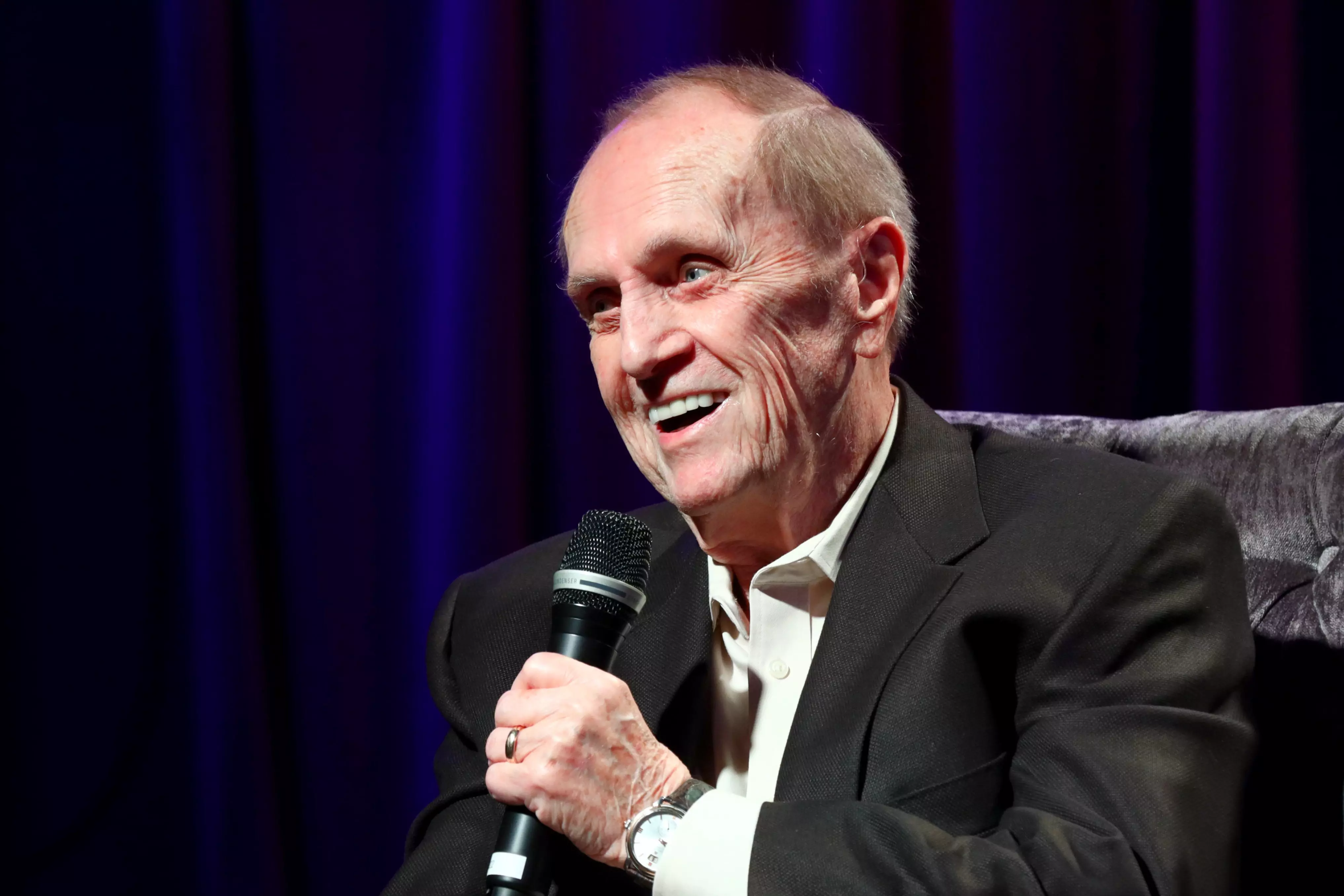
Remembering Bob Newhart, The Comic Who Made GRAMMY History With His Debut Album
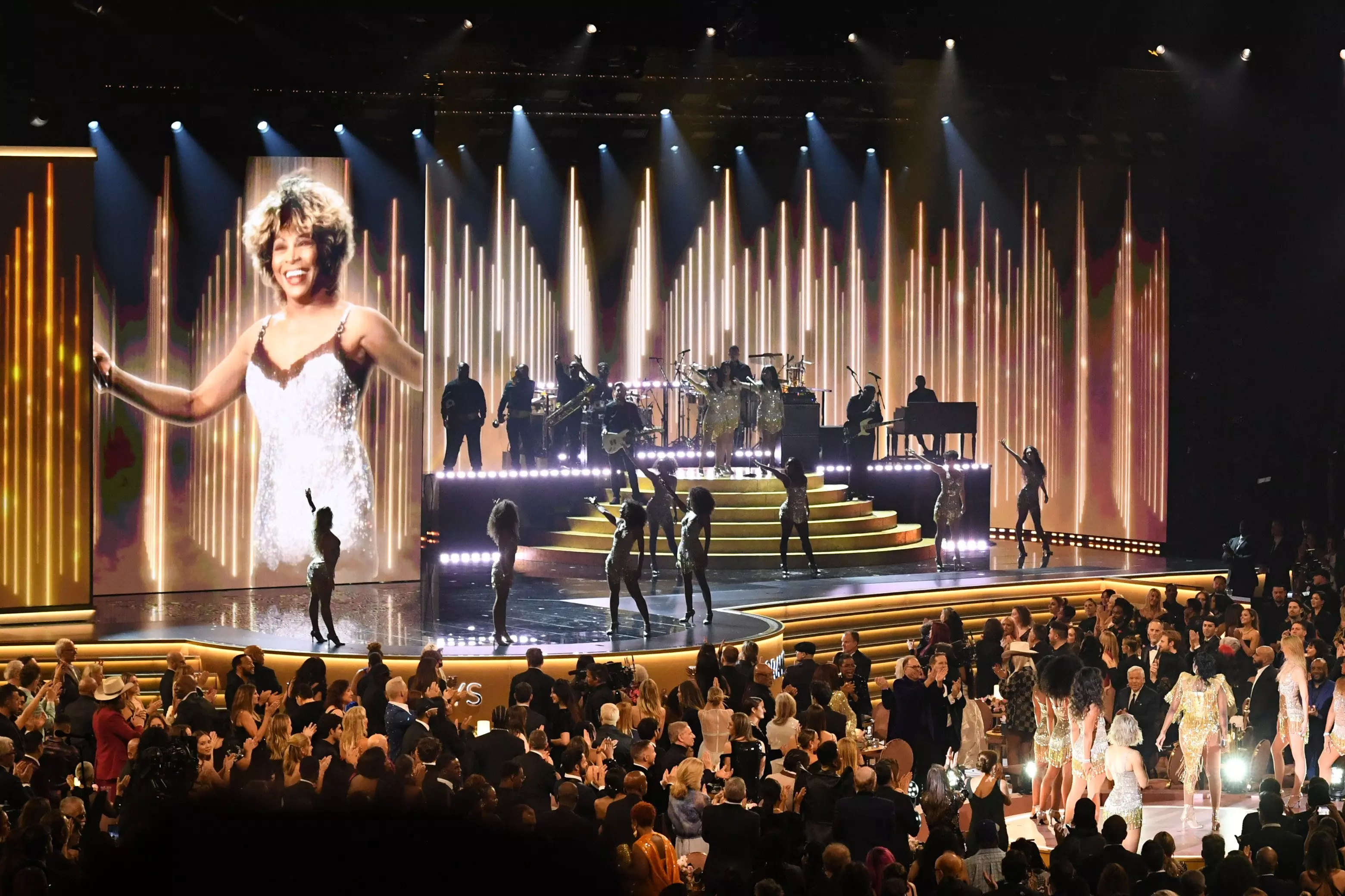
2024 GRAMMYs In Memoriam: Stevie Wonder, Lenny Kravitz & More Pay Tribute To Late Icons
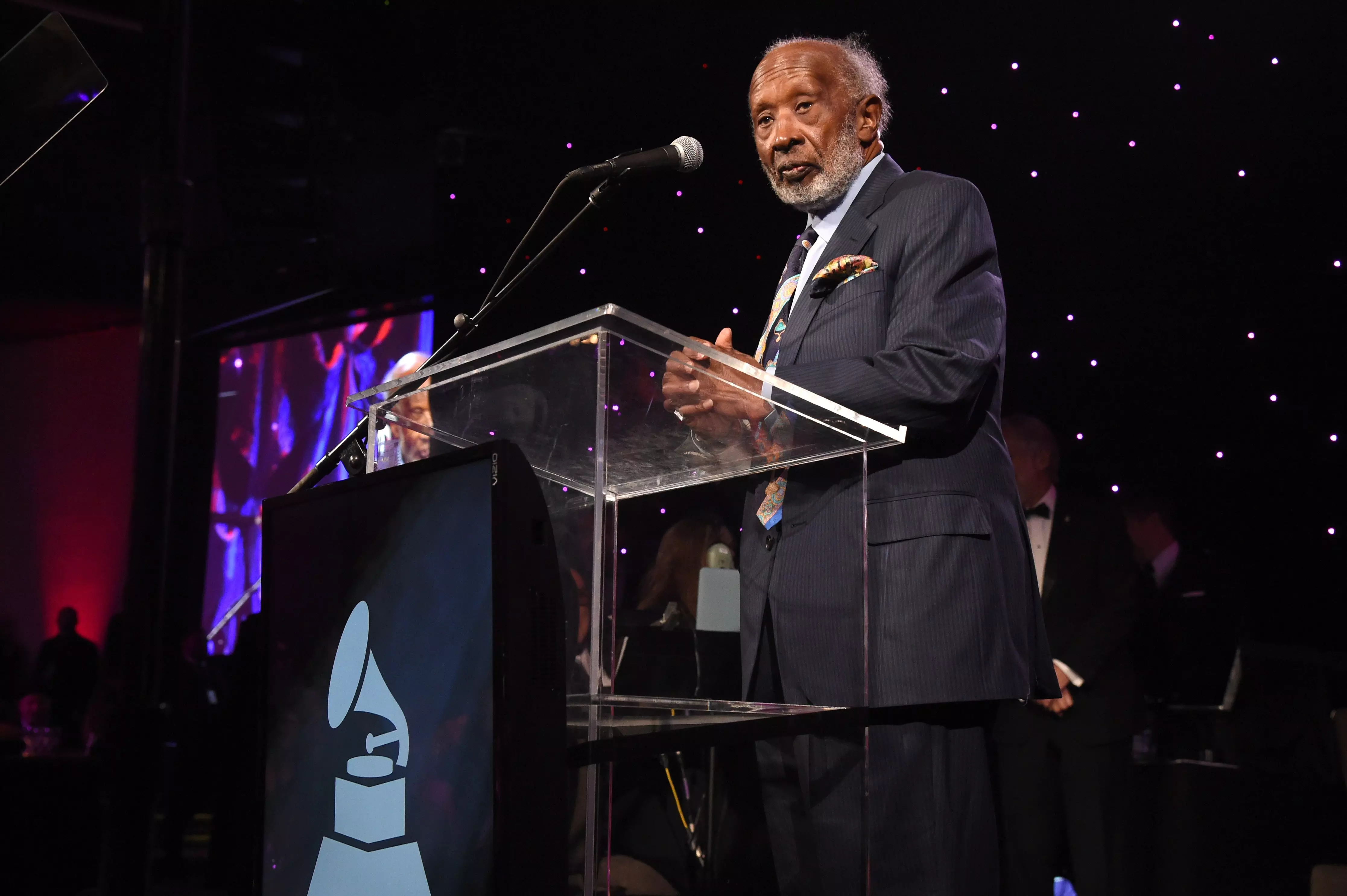
Remembering Clarence Avant: The Black Godfather, Renowned Entertainment Mentor & Recording Academy Honoree
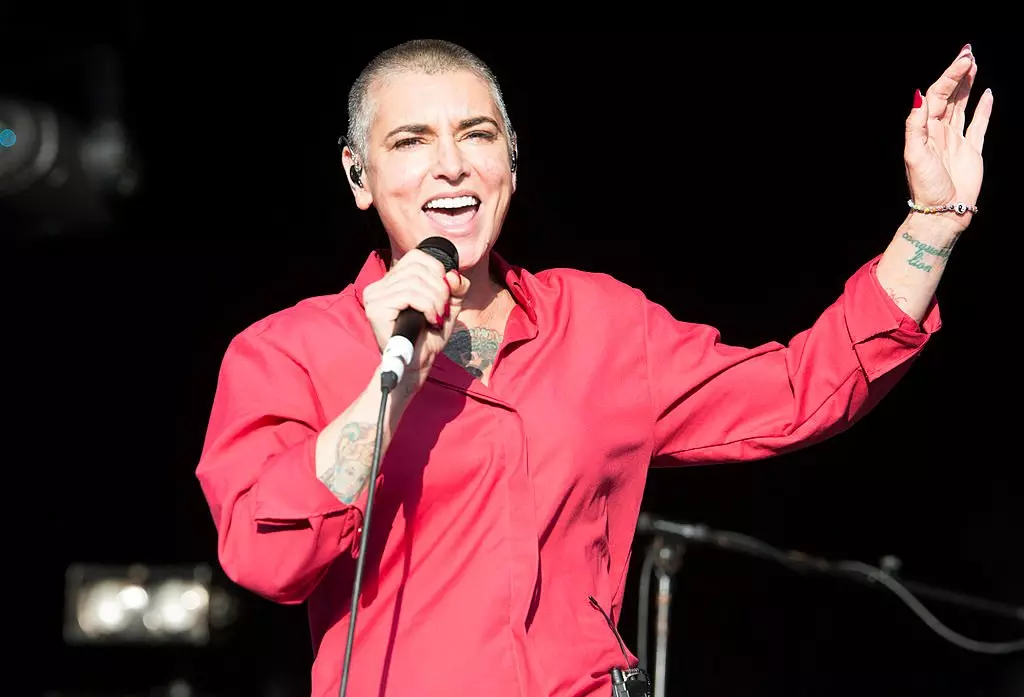
Remembering Sinéad O’Connor: 5 Essential Tracks By The Iconoclastic Singer/Songwriter
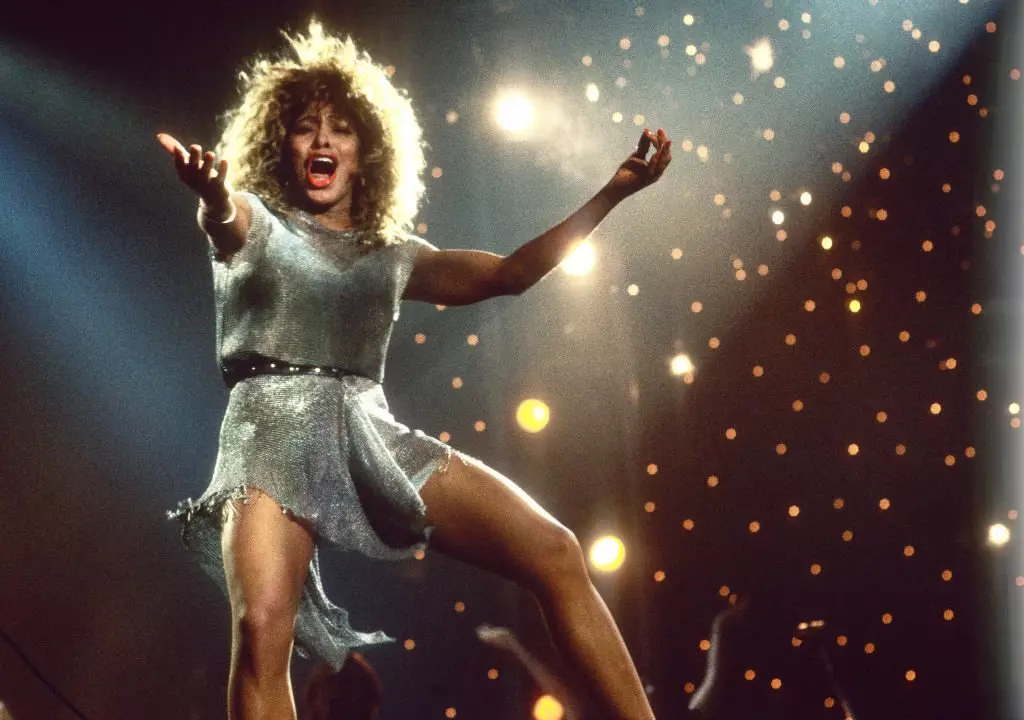
Remembering The Artistry Of Tina Turner, "The Epitome Of Power And Passion"
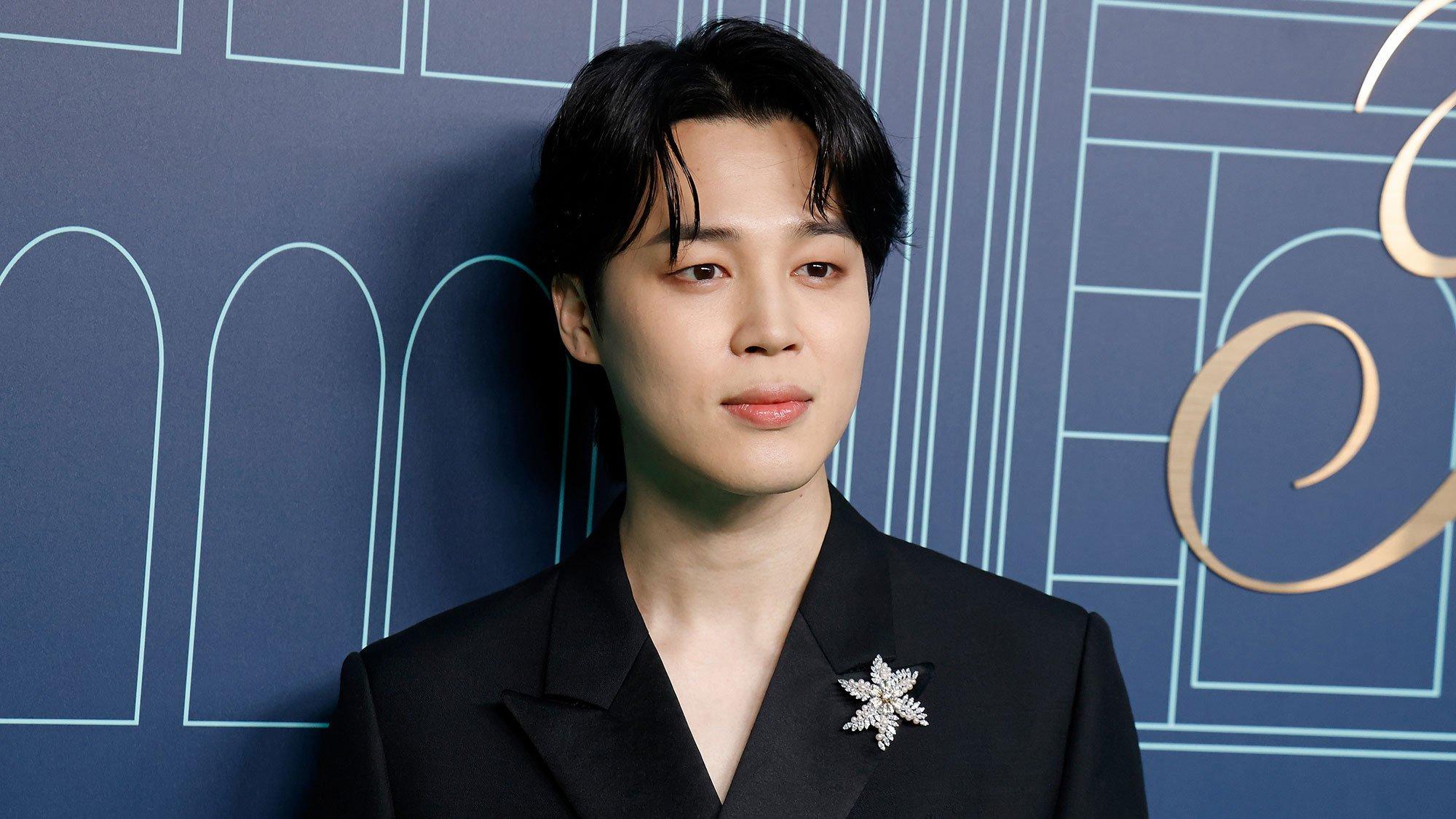
Photo: Taylor Hill/Getty Images
list
5 Takeaways from BTS Jimin's New Album, 'MUSE': A Bold Exploration Of Love And Inspiration
Jimin's second solo project, 'MUSE,' showcases his artistic growth and versatility, featuring a blend of nostalgic sounds, personal reflections, and standout collaborations.
K-pop juggernauts BTS are still on hiatus due to military enlistments, except for Jin, who was discharged last month. Yet, all members remain booked and busy in their solo endeavors.
Documentaries, travel shows, special singles — you name it, they carefully prepared it before starting their duties. And after new records from j-hope (HOPE on the Street) and RM (Right Place, Wrong Person) this year, the next in line is Jimin, who dropped MUSE today.
The album comes almost a year and a half after his debut EP, FACE, which placed Jimin as the first South Korean soloist to top Billboard's Hot 100 chart. In it, the Busan-born star proved his versatility and prowess standing on his own, captivating audiences old and new with his sensitive charisma.
In MUSE, Jimin introduces a new facet of his musical identity: bolder and more confident, but still a big softie at heart. To celebrate the beginning of a new era — and to ease the wait until his discharge next year — here are five key takeaways from Jimin's latest release, MUSE.
It's Another Jimin-led Production
FACE was a proper introduction to Jimin's artistic vision, with him contributing to every aspect of the project and co-writing all of its tracks, minus the instrumental "Interlude: Dive."
Now, he takes it up a notch for MUSE, showcasing his growth by co-writing six out of seven tracks, and co-producing two of them: "Rebirth" and "Interlude: Showtime." Once again, Jimin had a hand on all of the album's components, including its concept and visuals, and bore down another layer of his ever-evolving skills.
If FACE introduced us to a vulnerable and sometimes desperate Jimin, MUSE charges forward with main pop boy energy, tender but commanding, sweet but sassy. It works both as a gift to fans and a tool to get to know Jimin even deeper.
He’s Still In Search Of His Muse
"We never met, but she's all I see at night/ Never met but she's always on my mind/ Wanna give her the world/ And so much more/ Who is my heart waiting for?" Jimin sings in MUSE's track, "Who." As the lyrics suggest, MUSE's main theme is Jimin's journey to find the source of his inspiration — his muse.
The album's seven tracks are all interconnected by love and longing, with Jimin searching for the one but getting lost in the way, and back at it once more. Through this perspective, he continues his path of self-discovery. After looking at his own FACE in the mirror, who else does he see? Who else instigates him enough to make art?
A Stellar Team Backs Up The Effort
To write and produce MUSE, Jimin enlisted longtime collaborators Pdogg, Ghstloop, Evan, and Supreme Boi. They have also been working with BTS for years, and know just what Jimin wants and needs in his songs.
But to make this album even more special, Jimin also collaborated with a fresh crop of professionals. Lead single "Who" was co-written and co-produced by Jon Bellion, Pete Nappi, and Tenroc, while Ayo the Producer and Kofo co-signed the fan-dedicated "Closer Than This." OneRepublic's Ryan Tedder helped pen "Be Mine," and Tommy Brown has writing credits on "Rebirth" and "Smeraldo Garden Marching Band (feat. Loco)."
Aside from Korean rapper Loco, MUSE also features American actress and singer Sofia Carson on the smooth duet "Slow Dance." Together, these names assembled a cohesive, yet diverse LP, brimming with influences from several decades, genres, and countries at once.
The Smeraldo Flower Makes A Comeback
Back in 2017, when BTS was in their LOVE YOURSELF era, they also introduced to their lore a fictional blue flower named Smeraldo. Symbolizing "a truth that cannot be told," its legend was better explored in the track "The Truth Untold (Feat. Steve Aoki)," and offered important clues to understanding that era's messages.
However, as years passed, the Smeraldo flower was largely forgotten from BTS's new works — until MUSE. Here, Jimin brings back the blue flower as one of the albums' visual concepts, and as the main motif behind pre-release "Smeraldo Garden Marching Band (feat. Loco)."
According to a press statement, the track's lyrics "express the longing to confess and find love on behalf of those unable to articulate their feelings," hence the use of Smeraldo. As for its curious title — loosely inspired by The Beatles' 1967 album Sgt. Pepper's Lonely Hearts Club Band — it came first as a casual nickname between Jimin, Pdogg, Ghstloop, and Evan while they worked together on FACE, and eventually became real.
It’s Packed With Nostalgia
If you miss Justin Timberlake's Justified sounds and other early-2000s gems, MUSE is here to take you on a nostalgic trip. Inspired by pop, R&B and hip hop from that era, Jimin gave his latest album a vintage, cozy veneer.
These references are predominantly visible on "Who" and its delightful guitar strums, but "Slow Dance (feat. Sofia Carson)," for example, sounds like an updated version of Usher and Alicia Key's "My Boo," and "Be Mine" could be the 2020's lovechild of Santana's "Maria Maria" and Sean Paul's "I'm Still In Love With You."
Another strain of references can be seen in "Smeraldo Garden Marching Band (feat. Loco)," which extends The Beatles' inspiration to experimental samples and marching band percussion, and creates a quirky piece that strays away from any current trends. "Interlude: Showtime" drinks from the same source, featuring a circus brass and drum line that introduces us to the singularity of "Smeraldo Garden."
While infused with nostalgia, MUSE still appeals to today's tastes, and offers a seamless, polished listen. It stands as a testament to Jimin's artistic growth, and while he might not have found his muse yet — he is certainly a source of inspiration for many.
More BTS News
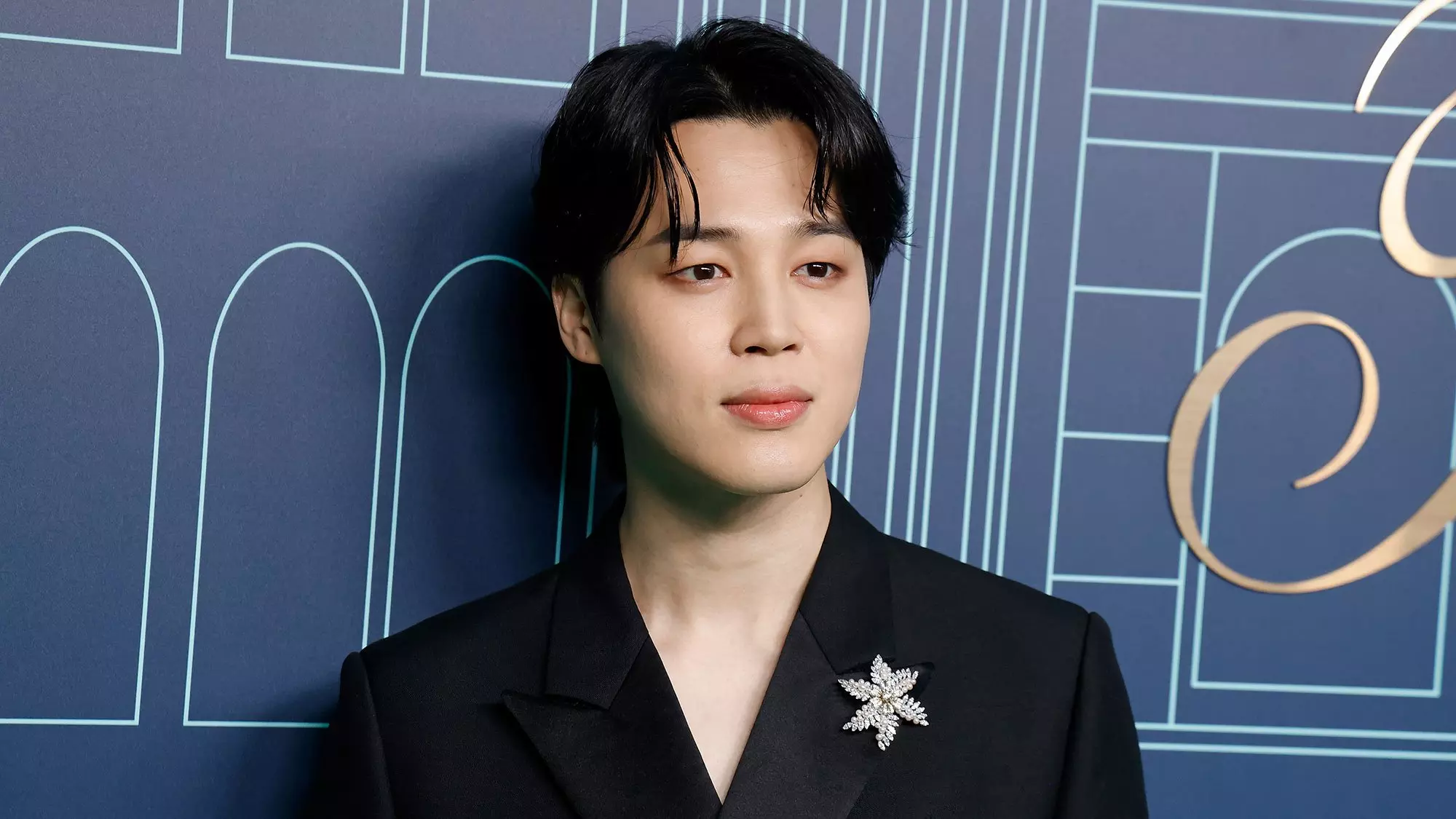
5 Takeaways from BTS Jimin's New Album, 'MUSE': A Bold Exploration Of Love And Inspiration

GRAMMY Museum Partners With HYBE For New K-Pop Exhibit 'HYBE: We Believe In Music' Opening Aug. 2
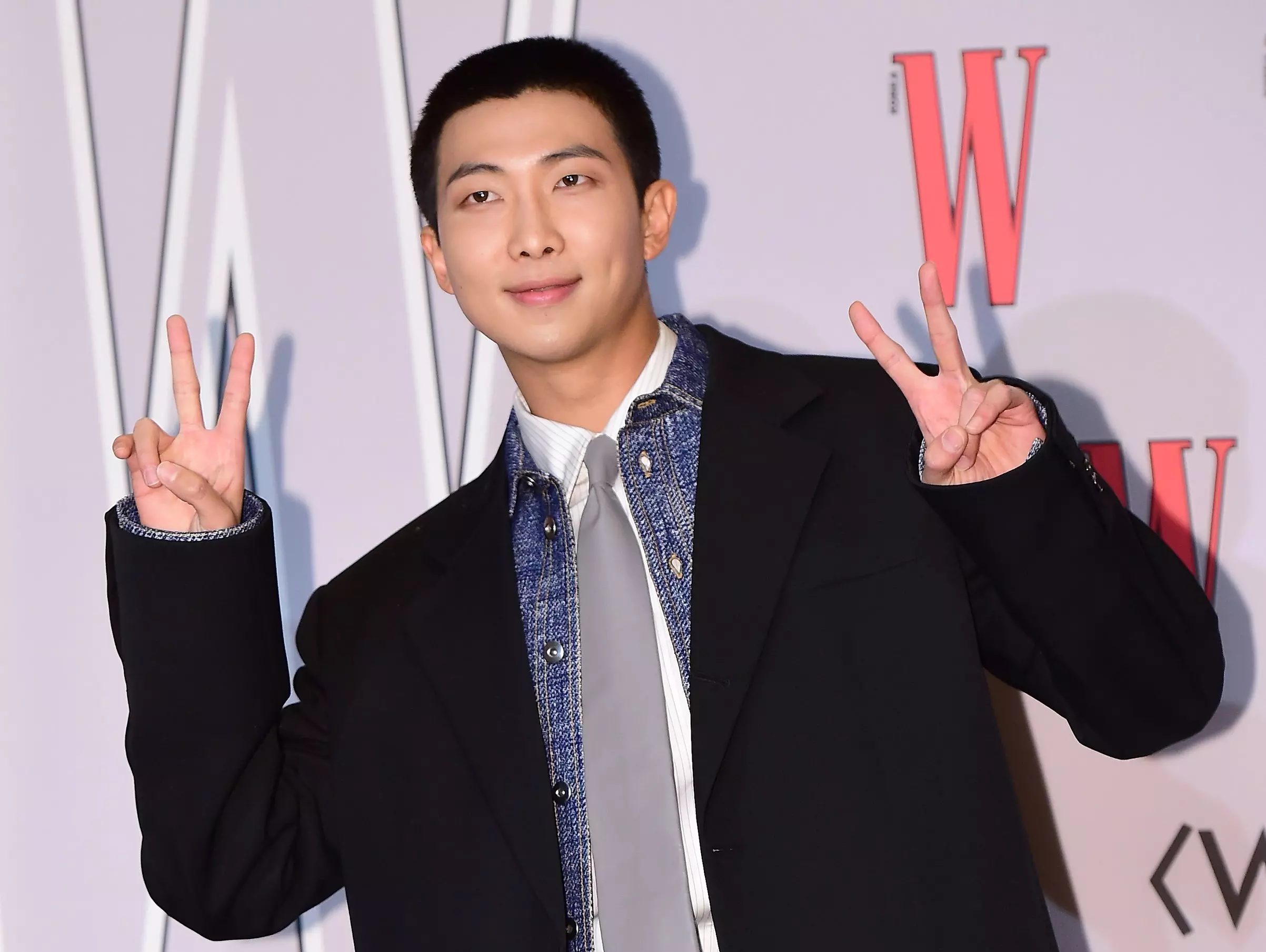
Stream RM's New Album 'Right Place, Wrong Person': See The Tracklist, "LOST!" Video & Special Guests

J-Hope's Road To 'Hope On The Street Vol.1,' From Falling Back In Love With Dance To Tying Together His Global Influences
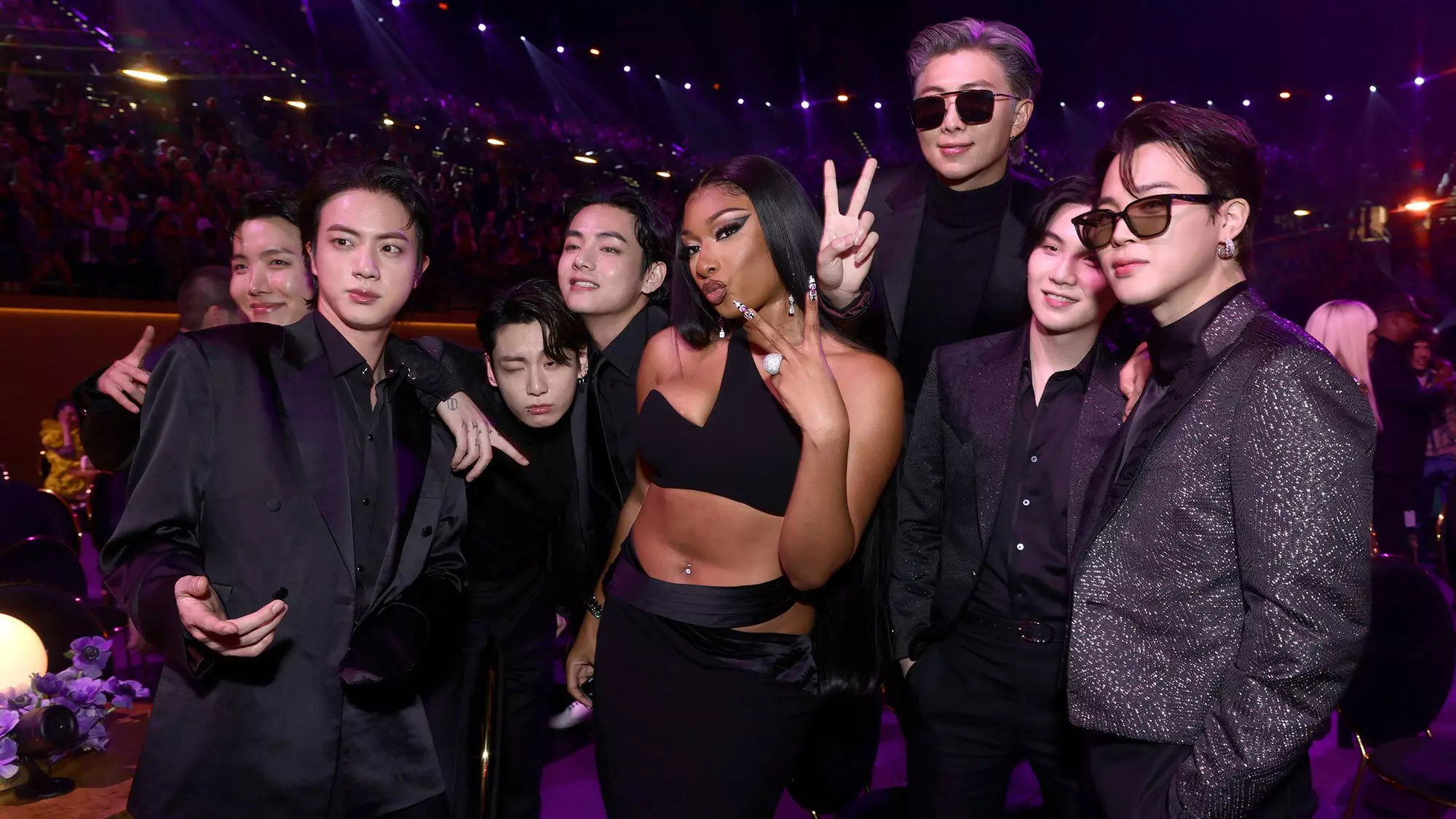
9 Essential K-Pop/Western Collabs: From BTS And Megan Thee Stallion, To IVE And Saweetie

Photo: Drewby Perez
interview
Ladies And Gentlemen, Glass Animals Are Floating In Space
For Glass Animals, breaking through with their last album during the pandemic was an isolating experience. They brought those feelings to the fore with 'I Love You So F—ing Much,' where the Englishmen embrace a sort of majestic, celestial loneliness.
Remember the atmospheric river of 2024? Glass Animals' Dave Bayley thought he'd drown in it. He'd holed up in a cheap Airbnb to write his band's latest album, I Love You So F—ing Much — and soon realized why it was so cheap.
"When I got there, I realized why. It was one of those stilt houses, hanging off the edge of a cliff," Bayley tells GRAMMY.com. "There was s— flying down and trees coming out of the ground, flying down the mountain. I was like, I'm dead. This is it. This is the end."
Late at night, observing the bedlam of the natural world, Bayley didn't feel planted on terra firma at all; he felt as if he was floating in space. Which turned out to be the impetus for the English indie-psych-poppers' latest statement — space being a metaphor for disconnection and unmooring. (The album arrived July 19 via Republic; Bayley remains the sole producer.)
"I think I had a lot of imposter syndrome, and felt very disconnected from reality as well," Bayley says of the Covid era — which unfortunately dovetailed with the breakout success of their last album, Dreamland. But by some strange alchemy, Glass Animals spun that feeling into emotional warmth.
As you absorb songs like "Creatures in Heaven," "A Tear in Space (Airlock)" and "Lost in the Ocean," read on for an interview with Bailey about how this celestial, lonesome, yet oddly swaddling and comforting album came to be.
This interview has been edited for clarity.
How would you describe the four-year gap between Dreamland and I Love You So F—ing Much?
Like lifetimes, honestly. And at the same time, it sort of feels like yesterday as well.
It's very, very confusing — because we finished Dreamland, and then Covid hit. We were about to release it, and then we postponed, and postponed, and realized the pandemic is not going away. We promised people the album; we needed to release it to, like, survive. So, we released it thinking it would probably tank. And it did something absolutely amazing, unexpected.
Most people, when something like that happens, get to be out and experience it, and see it happening in the real world — playing live shows, and they feel part of it, and it's part of them. Whereas I was trapped in my bedroom in my underpants watching it all happen through social media and email updates.
You needed to make it to survive? Say more about that.
I mean, that was our livelihood. Somehow, this has become a profession — I have to pinch myself when I say that, it's the best thing ever.
But you can't just not release music. You have to keep writing and releasing music to maintain it as a profession. We were four years out from the record before that, at that point.
Odd question: if a music career was inaccessible to you, what would be your professional destiny, as it were?
I was trying to be a doctor before all of this happened. I was four years deep into medical school, actually. Then, a series of strange and terrible things happened in my life that made me like, I want to take a break from med school.
I was using music as a therapy, almost, to get over some of the things that had happened. I was making music to feel better, really, and connected somehow. Someone, somewhere, maybe, put it on SoundCloud.
**What was the thematic seed of I Love You So F—ing Much?**
I guess that sense of detachment was a big thing — because it not only went for the duration of the pandemic, but even after the pandemic, we were touring. And because there was no insurance for people touring against Covid, we still had to isolate and bubble within ourselves. It was going to extend us another year and a half, just being in this metal tube.
It was like, the biggest shows we ever had — they were amazing. We'd walk on stage, and for an hour and a half, be slammed in the face with emotion and energy. And then we'd walk offstage back to the bus, and we couldn't interact and be part of what was happening afterwards.
It just made us all feel even more surreal — it felt like a dream.
Talk about the sound you wanted to capture.
This one, I wanted to sound a specific way; I knew the equipment to get. I got about six synths and 20 pedals that fit the sound — a couple of guitars and a drum kit that fit the sound — and I just went for it. You could turn anywhere, and the sound would fit into the context of the record.
**If you think of Glass Animals' discography as stops on a journey via train, which stop is I Love You So F—ing Much?**
We've reached this retro-futuristic stuff, and I think it's definitely a progression from the last album.
I definitely set my own kind of '90s, '80s production — and now there's a bit of a vaporwave thing going on, but it was still pretty analog and nostalgic. It seems to be almost like the train went backwards.
Then, on the songwriting side, I was trying to really make sure the core of the sounds had [integrity]; they could basically be played with guitar and voice alone. I wanted the chords to tell the story of the song as well; we'd kind of done that in the past, but I'd never really focused on it like I did this time.
I wanted the chords to keep evolving through each section of the song — just twist the atmosphere of the song in each section.
Give me a line on I Love You So F—ing Much that you feel sums up what we're talking about.
"Show Pony" is the first song; everyone creates this idea of love, and what love should be, based on what they've seen and experienced growing up. Seeing their family, seeing their friends — you're walking down the street, and you see a couple arguing, and you form these [impressions of] love.
"Show Pony" is kind of the blueprint; it gives context for the rest of it. And then, the line that comes right after it: "What the hell is happening? What is this?" I like that as the real beginning of the record, after the table of contents — the first song.
Where do you think Glass Animals will go from here?
It's a good question, because I don't really think I'm there yet. I have a few ideas — but to be honest with you, I never end up going with any of the first ideas that I have.
Before this iteration of the album, I wrote a whole other space album that just felt really cold and hollow and empty — like a vacuum. It wasn't cool; it didn't have enough emotion, and it didn't feel soulful enough. I just binned it, and sacked off; it's in the trash.
It wasn't until I stumbled on this concept of juxtaposing these kinds of small, intimate moments with the size of space, that I put two and two together — and worked out how I could do a space album without it being f—ing s—.
Explore More Alternative & Indie Music

Ladies And Gentlemen, Glass Animals Are Floating In Space

Daniel Nunnelee's "Why Don’t You Just Come Over"

X's Mark The Spot: How Cigarettes After Sex Turn Difficult Memories Into Dreamy Nostalgia

Meet Scene Queen, The "Chaotic Mess" Cleaning Up The Alternative Scene

Where St. Vincent Keeps Her GRAMMY Awards
